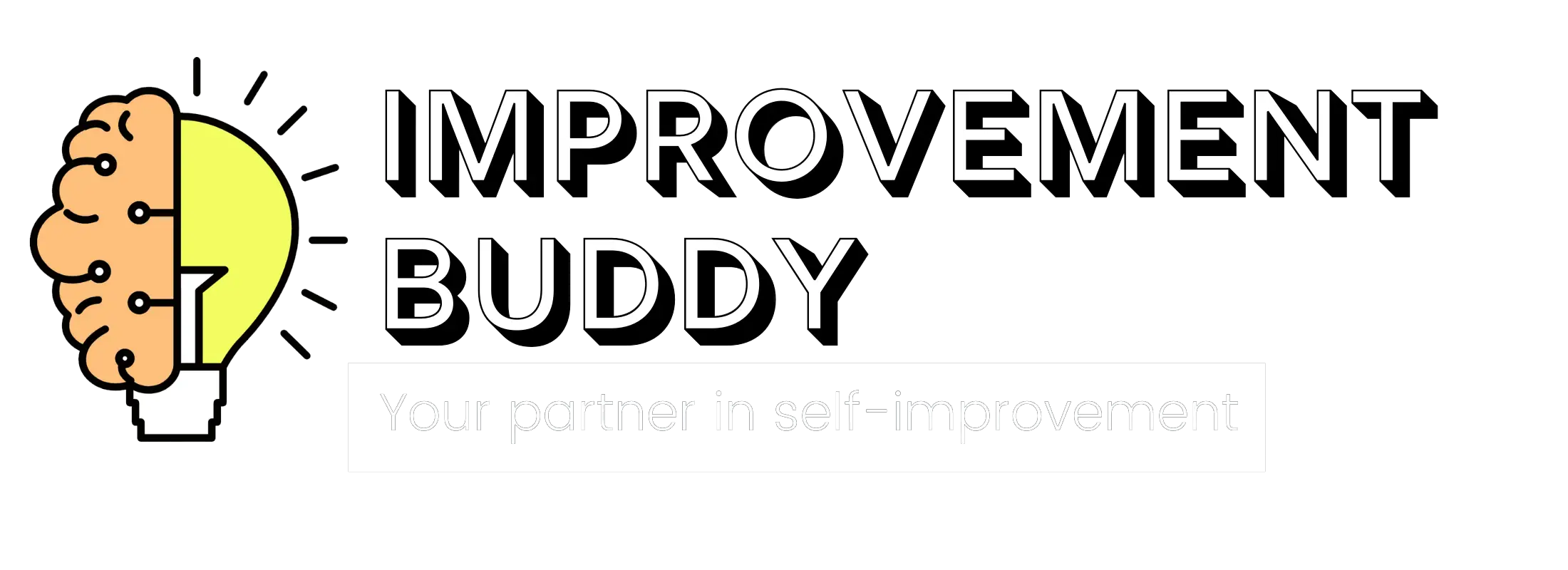The Science of Increasing Your IQ: Can You Get Smarter?

This post contains affiliate links.
“Can you get smarter?” This is a question that has long been debated by scientists and researchers for many years. The previous belief was that people are born with a certain level of intelligence, while recent studies show that this can be improved upon with the right tools and techniques.
The theory of neuroplasticity suggests that the brain is constantly changing and adapting in response to experience and learning. This means that, with the right methods, intelligence can be increased.
Ahead, we will discuss what intelligence is and how you can improve your intelligence. We will also look into the mindset theory as well as list down some habits that will help you become smarter. But first, let’s find out what intelligence really is.
What Is Intelligence?
One definition of intelligence is “the power of learning.” This means that intelligence is the ability to understand and acquire new knowledge.
Intelligence is often measured with an IQ test. This test measures your abilities in different areas, such as math, logic, and verbal comprehension.
The results you get from an IQ test have their respective interpretation. Here’s an IQ table from 123test.com that shows the different IQ scales and their corresponding interpretation.
| IQ Scale | Interpretation | % of population |
|---|---|---|
| Above 130 | Very gifted | 2.1% |
| 121-130 | Gifted | 6.4% |
| 111-120 | Above average | 15.7% |
| 90-110 | Average | 51.6% |
| 80-89 | Below average | 15.7% |
| 70-79 | Borderline | 6.4% |
The average score is 100. scores between 90 and 109 are considered “average.” Scores above 130 are considered “gifted,” while scores below 70 are considered “challenged.”
Although IQ is not the only measure of intelligence, this is what is commonly referred to when people talk about being smart.
Is It Possible To Become Smarter?
In the not-so-distant past, it was believed that your intelligence is fixed. That people are born with a “fixed” intelligence. Even more so, there were previous beliefs that you can only reshape your brain until a certain age.
However, recent studies in neuroplasticity proved that the brain rewires and reorganizes itself in response to learning and experiences throughout your entire lifespan.
In other words, your brain can be shaped and reshaped to cater to new skills and knowledge. As Jim Kwik puts it, “Intelligence is fluid.”
This is a classic example of the Implicit Theory of Intelligence or more popularly known as the Mindset theory (fixed vs growth), as theorized by Stanford psychology professor Carol Dweck.
In her book, Mindset, she explains that believing you have a low IQ will directly influence your learning.
She explains that people with fixed mindsets are more likely to avoid learning because they already believe that they aren’t capable of learning.
As a result, they don’t acquire new knowledge and experiences and won’t benefit from neuroplasticity, your brain’s ability to adapt.
One analogy that describes this is that you can be average as a child and above average as an adult if you put in the effort to learn.
In contrast, a smart child can be not-so-smart as an adult if he has a fixed mindset (because he won’t continue learning).
Sure, your current IQ and how effective your learning strategy plays a huge part. But if you believe that you have the ability to learn, the job is half done.
As Professor Dweck puts it when referring to learning, “Picture your brain forming new connections as you meet the challenge and learn. Keep on going.”
By the way, if you haven’t read Mindset, I highly recommend you pick up that book. There are tons of life-changing information that you can pick up from it.
You can get the full audiobook version for free if you sign up for Audible’s 30-day free trial.
Alternatively, you can get the key insights of that book and thousands of other books if you subscribe to Blinkist.
How Can You Get Smarter?
If we believe that it’s not possible to improve, then in reality it won’t be possible to improve.
Jim Kwik, brain coach & author of Limitless
As mentioned above, believing that you are capable of learning is a huge part of the process. It motivates you to continue learning and apply effort to learning.
But how exactly can you become smarter?
There are many ways to increase your intelligence. One way is to engage in activities that challenge your brain and force it to think in new ways. This could include things like learning a new language, playing an instrument, or solving puzzles.
Reading is a great way to improve your overall intelligence and memory too.
Another way to increase your intelligence is to practice “deliberate learning.” This is a specific and intentional type of learning where you set out to learn something new with the intention of improving your performance.
This could involve things like attending workshops, reading books on a topic you’re interested in, or taking online courses.
To me, I find deliberate learning to be one of the best tools to improve your intelligence.
Why? Because you’re actively trying to master a skill or information. And this is one of the best ways to solidify your intelligence on something.
You can also get smarter by practicing certain habits that have been shown to improve cognitive function. These include things like exercise, meditation, and getting enough sleep.
Exercise at least 5 times a week
Exercise has many benefits for the body and the brain.
It increases blood flow and oxygen to the brain, which helps to improve cognitive function.
It also helps to reduce stress and improve mood, both of which can have a positive impact on cognitive function.
Meditate daily
Meditation is an effective way to focus and calm the mind.
It has been shown to improve memory, increase attention span, and reduce stress.
Get 7-9 hours of sleep daily
Sleep is essential for brain function. It helps to consolidate memories and repair the cells in the brain. A lack of sleep can lead to cognitive decline, so it’s important to make sure you’re getting enough rest.
Mathew Walker, director of the Center for Human Sleep Science, outlines the benefits of proper sleep and the dangers of sleep deprivation in detail in his book Why We Sleep.
Maintain a proper diet
A healthy diet is important for overall health and well-being, but it’s also essential for cognitive function.
Eating foods that are rich in antioxidants and omega-3 fatty acids have been shown to improve memory and reduce inflammation.
In contrast, eating foods that are high in omega-6 has been shown to cause memory decline and increase the risk for late-age cognitive degeneration.
I explained the effects of diet and how it affects your memory in another article. I highly recommend you check it out.
Manage stress
Stress can have a negative impact on cognitive function. It can lead to problems with memory, focus, and concentration.
Managing stress through things like yoga, mindfulness, and relaxation techniques can help to improve cognitive function.
These are just a few of the many ways you can increase your intelligence. By challenging your brain, practicing deliberate learning, and forming habits that support cognitive function, you can become smarter every day.
Final Thoughts
Intelligence was believed to be a fixed trait, however, it is now believed that improving your intelligence is possible through learning.
I have discussed some very important points. Namely, your mindset is a huge contributing factor to your intelligence as well as some helpful ways to get smarter.
With that, I highly recommend that you invest in your learning.
One platform that I use to get insights from hundreds of books every year is Blinklist.
Blinkist is a learning platform that professionally summarizes nonfiction books into shorter, more concise information that you can read or listen to for 15-30 mins.
It’s a revolutionary way of learning by skipping through the fluff and getting to the point.
And if you subscribe through this link, you get 20% off on your first year!






